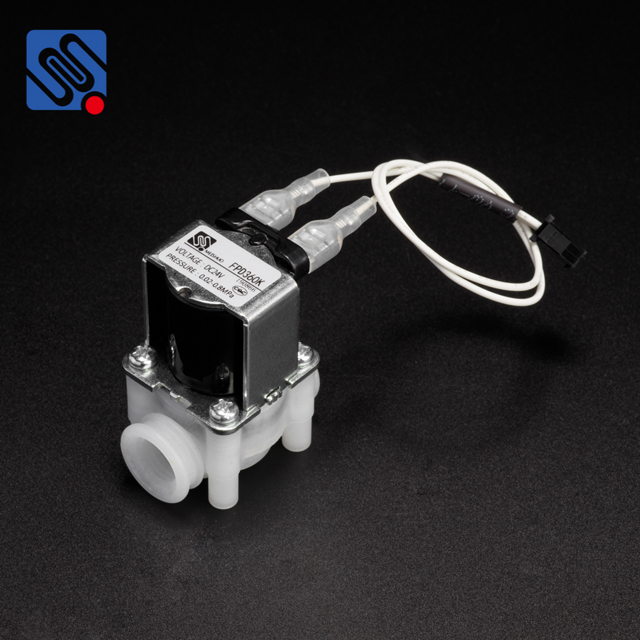water treatment system solenoid valve: essential component for efficient water management
Release time:2025-08-12 03:58:56
Water treatment is a critical process in both industrial and residential settings, ensuring that water is clean, safe, and usable. Among the many components involved in water treatment systems, the solenoid valve plays an essential role. The Water Treatment System Solenoid Valve is a crucial element that controls the flow of water in various water treatment processes, providing automation, efficiency, and reliability. This article will explore the importance of the solenoid valve in water treatment systems, its working principle, applications, and the advantages it brings to these processes.

What is a Water Treatment System Solenoid Valve? A solenoid valve is an electromechanical valve used to control the flow of water, gases, or other fluids within a system. In a water treatment context, solenoid valves are typically employed to automate the opening and closing of water lines, allowing for precise control over the flow of water through filtration systems, softeners, reverse osmosis units, and wastewater treatment plants. When an electrical current passes through a coil, it creates a magnetic field that either opens or closes the valve. This mechanism is what enables solenoid valves to control the water flow without manual intervention.

